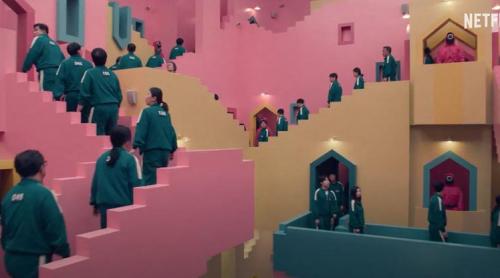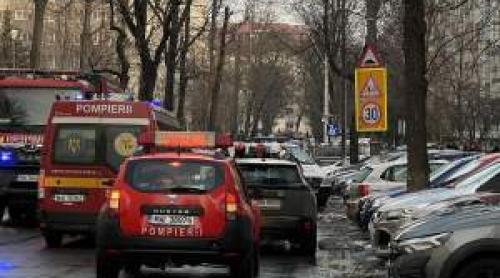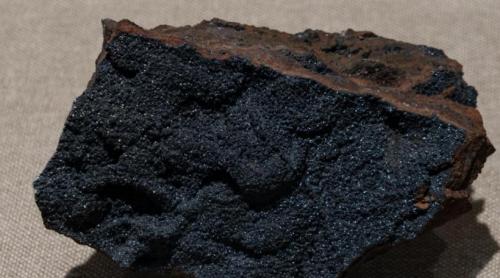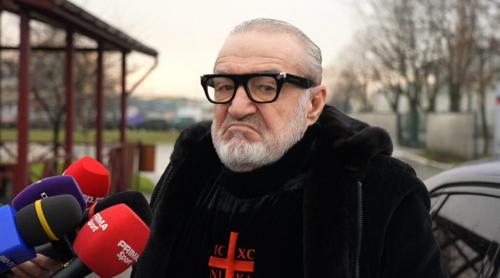
The CPUN anniversary would have been a great opportunity to discuss the problems that Romania dealt with in the first months after the Revolution.
The CPUN anniversary would have been a great opportunity to discuss the problems that Romania dealt with in the first months after the Revolution. It wasn’t like that. The public opinion focused on a minor incident that took place at the anniversary manifestation. One of the problems that appeared at the CPUN confrontations is still valid: the one between authoritarianism and parliamentarism. On the 18th of February 1990, I gave this title to an article I wrote for the “Expres” magazine in which I commented the session in which the rules of CPUN had been established. Next you will find fragments from that commentary.
Even though a less spectacular one than the previous, the session of the Temporary Council for National Union (CPUN) on the 13th of February 1990 emphasized once again the two opposite tendencies that appear in the new organism of the state power. The parties are making efforts to transform this council in a mini-parliament. This is what caused the complicated procedures proposed by certain representatives of the parties, the fact that they insisted on the secret vote, the battle for every word present in the project, the request for the right to have legislative initiative. The second tendency, represented by Ion Iliescu, who was more or less subtle, and by the former members of the front, who are independent at the moment, says the organism should be prompt and efficient. This is why Ion Iliescu and the former members of the front insisted on the open vote expressed by standing up, on the limitation of the legislative initiative and on concentrating the council power in the hands of the Executive Bureau. The two major opinions confronted even when it came to this session. Mr. Ion Iliescu considered that the political parties should limit to varying and completing of the definite document by a part of the Temporary Council. The political parties asked for them to be able to propose amendments for the project as well as for their own project proposals. This nuance only appears to be harmless because the fact that the parties could propose their own projects would have brought the equality between all the political forces in the new organism. I am convinced that most of the viewers have supported Mr. Ion Iliescu. Many of them probably thought that the parties were preoccupied by all kinds of little details, by too subtle nuances and by bothering Ion Iliescu with problems that resulted only in time loss. Mr. Ion Iliescu appeared as a real politician: practical, fast and efficient, obsessed by the sterility of the discussions and a man with the ability to smile no matter the replies he received. Most of you thought probably that Ion Iliescu’s preoccupation for solving problems quickly was justified when the country has so many social-political difficulties. The long and complicated discussion provoked by the parties probably appeared to be irresponsible or inappropriate. However, if we take a closer look we will see that most of the viewers were wrong. At present, the country needs the help of the parties more than ever.
Here’s why. The vital problem of the current moment is represented by the comeback of the unique party. Not necessarily the communist party, but the unique party in general. (…)
It is a known fact that the dictatorships have always been an argument for authoritarianism against democracy, which is called “the sterility of parliamentarism”. The tendency towards the military type quickness is closer to the old system than the tendency towards the long and controversial debates, typical for the bourgeois parliamentarism. Each moment of affirmation of the pluralist system, no matter how weak it is, like in the sessions of the CPUN, it is more necessary to the Romanian Revolution than the moments that regard the approval of certain decisions without debate, like in the case of authoritarianism.
- Translated by Sorin Bălan
















